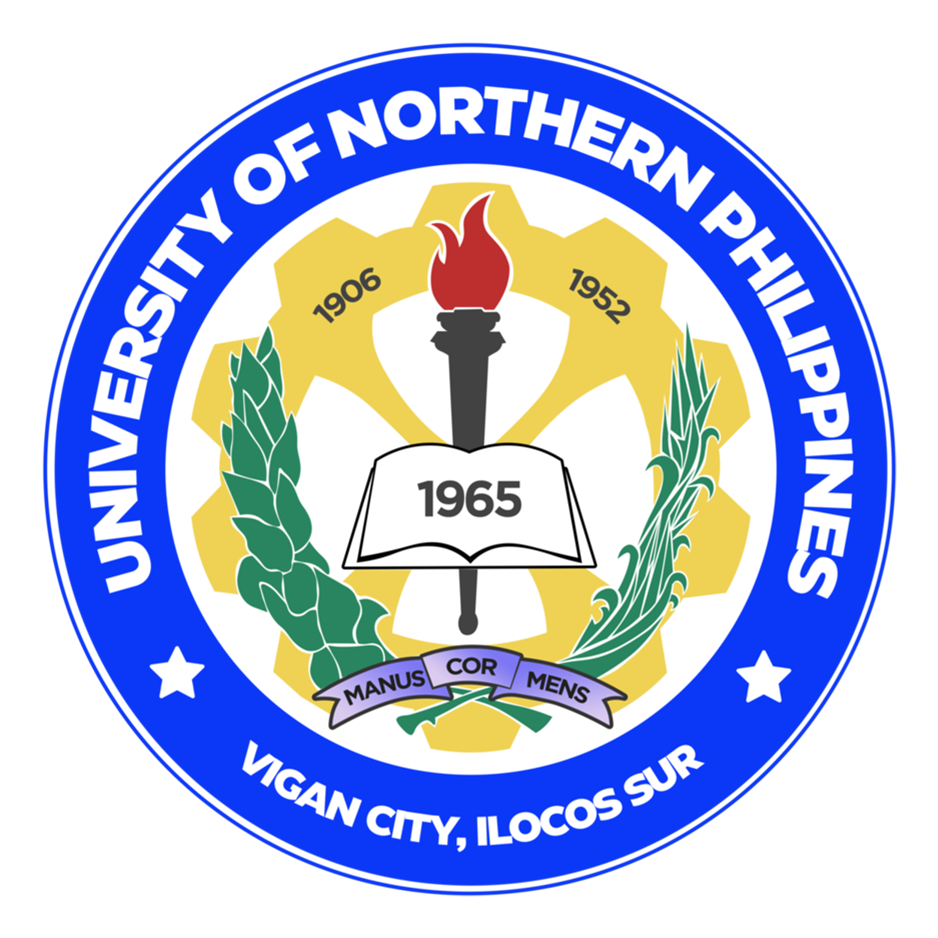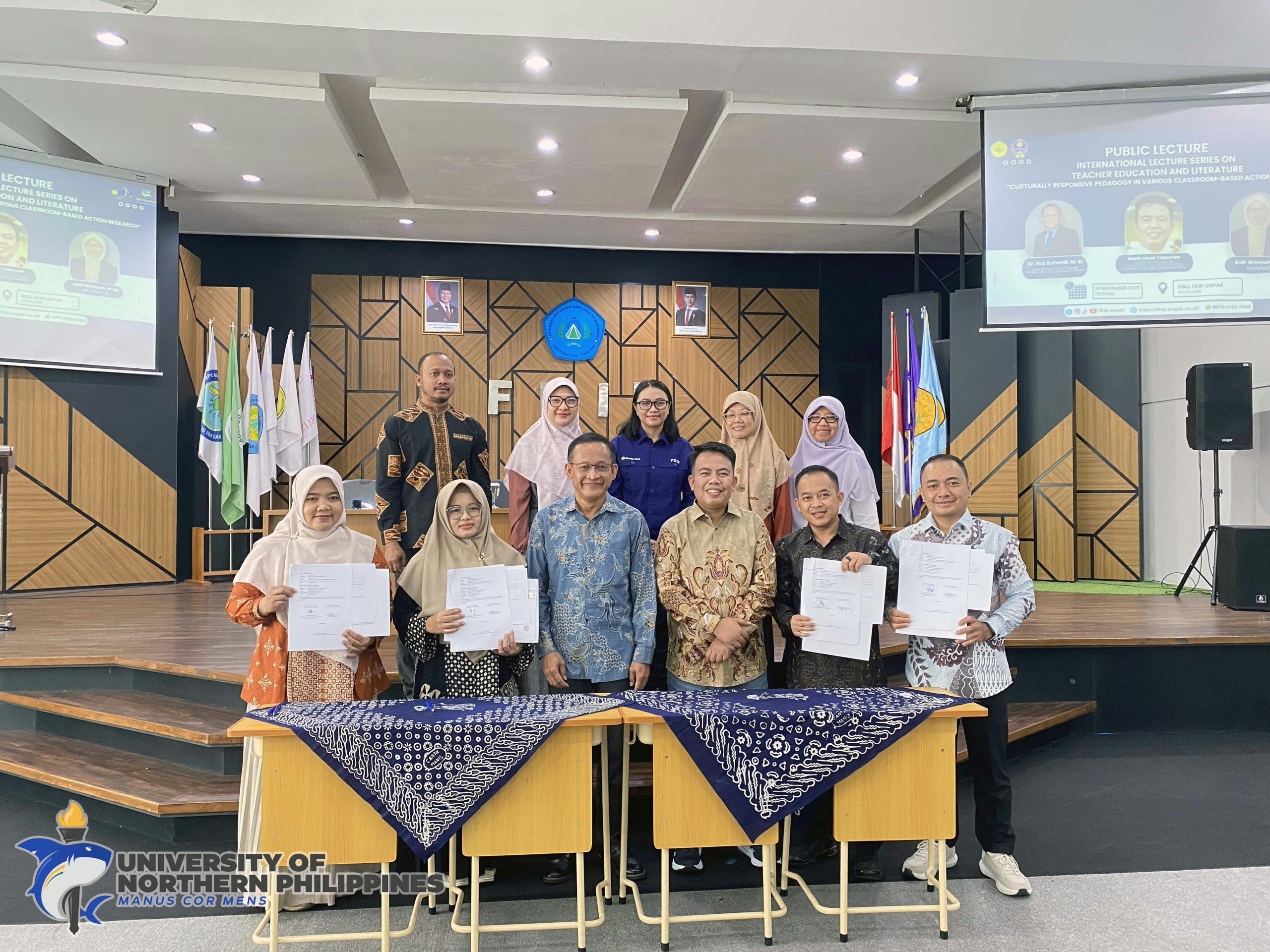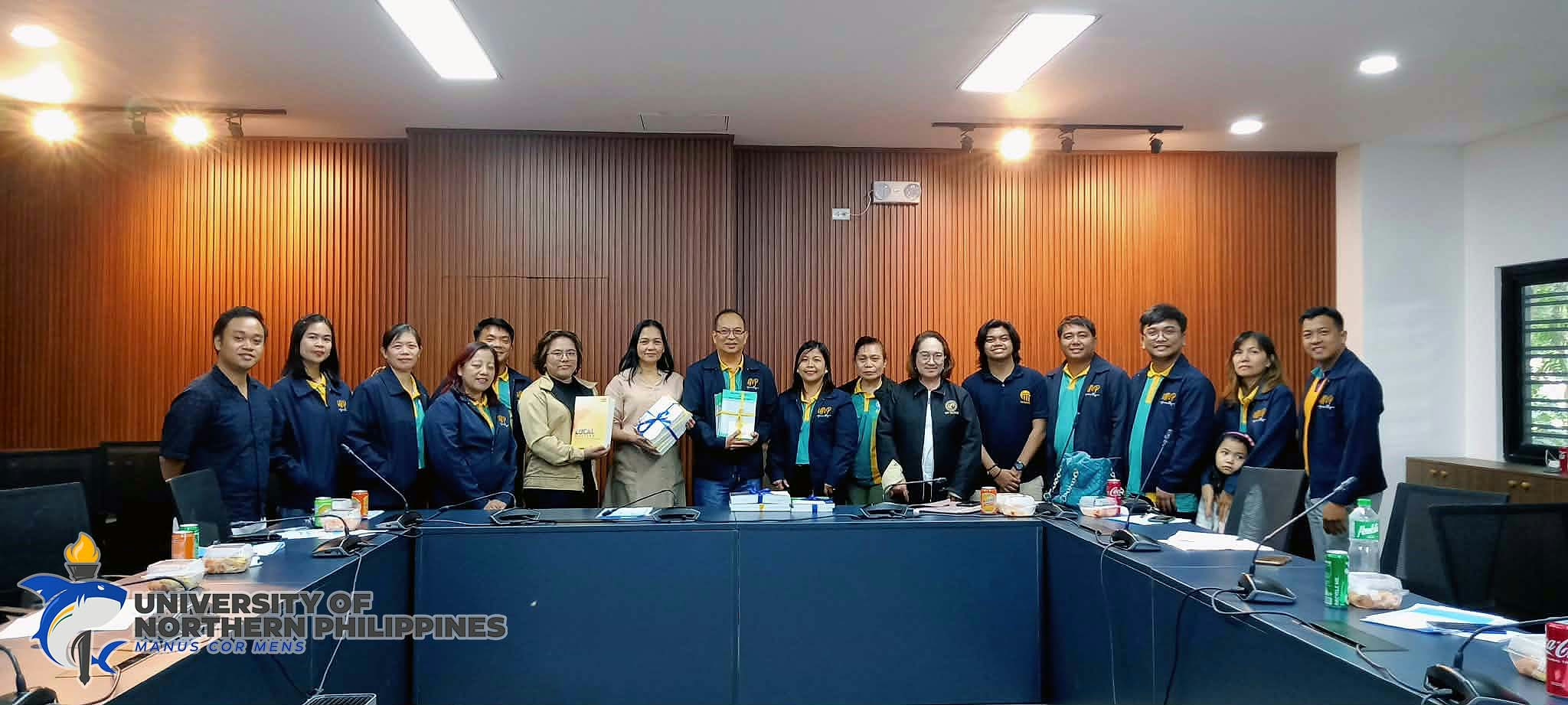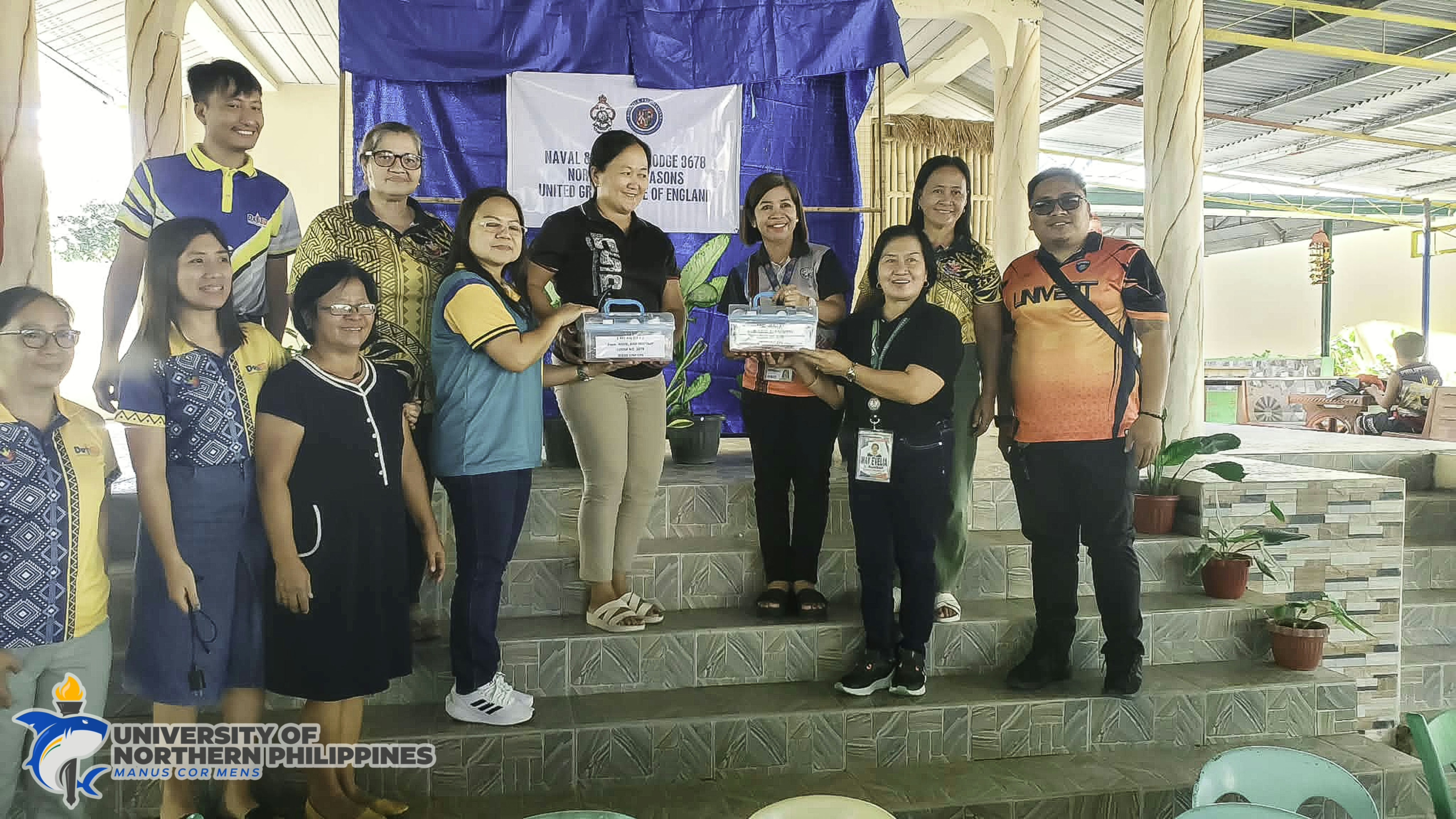A faculty member from the College of Teacher Education brought Philippine literature and culture to the international stage as he delivered a two-day lecture series at Universitas Pakuan in Bogor City, West Java, Indonesia, on November 18–19, 2025.
Mr. Mark Louie Tabunan, faculty member of the Bachelor of Secondary Education and Bachelor of Culture and Arts Education programs, delivered an extensive lecture on culturally responsive pedagogy, emphasizing the vital role of Southeast Asian narratives in shaping inclusive learning environments. He emphasized how integrating Indonesian and Philippine literatures into English language classrooms deepens students’ intercultural awareness, strengthens contextual understanding, and enhances the relevance of language instruction to diverse cultural realities.
His host institution for the engagement was the Fakultas Keguruan dan Ilmu Pendidikan (FKIP) — the Faculty of Teacher Training and Educational Sciences of Universitas Pakuan — under the leadership of Dr. Eka Suhardi. During his visit, he delivered two academic lectures to faculty members and students of the English Language Education and Indonesian Language and Literature programs.
The first-day lecture centered on culturally responsive pedagogy, where he traced its roots through shared regional histories and identities. Drawing from José Rizal’s invocation of the “Malay race” as an anticolonial, ilustrado perspective and Fernando Zialcita’s notion of the distinct “Asian flavor” in Philippine culture, he illustrated the cultural continuities that shape Southeast Asian educational contexts. He also highlighted cognate vocabulary among Bahasa Indonesia, Filipino, and Ilocano as linguistic evidence of these connections. In addition, he presented insights from his advisees’ research, showcasing how their studies expand and apply culturally responsive pedagogical frameworks in local classrooms.
Meanwhile, his second lecture centered on the theme “Reading One’s Neighbors,” highlighting how Indonesian and Philippine literatures can deepen regional understanding. He commended the significant contributions of Filipino scholars and translators who have long advanced the study of Indonesian literary works.
He emphasized the enduring cultural and historical ties between the Philippines and Indonesia, noting that integrating both nations’ literary texts into English language classrooms fosters cross-cultural solidarity and enriches appreciation of their shared heritage. Citing scholar Lily Rose Tope, he underscored that these works serve as “an alternative canon that continues the decolonization process in education.”
During his visit, he also recorded a short podcast episode for the university’s media channel and met with several faculty members to explore potential collaborative activities and future academic projects.
He expressed profound appreciation to the University of Northern Philippines for what he described as a “rare and meaningful opportunity,” acknowledging the collective support that made the engagement possible. He extended gratitude to the Office of the President, the Office of the Board Secretary, the Offices of the Vice President for Academic Affairs and for Finance and Administration, the Instruction and Faculty Development Office, the International Affairs and External Linkages Office, and his home unit, the College of Teacher Education, whose staff facilitated all necessary coordination and documentation. He likewise thanked the faculty members of FKIP for their warmth and generosity throughout the visit. “I am deeply grateful for this experience, and I hope it will not be the last. I look forward to returning soon,” he said.
This endeavor is part of the Southeast Asian Teacher (SEA Teacher) Program of the Southeast Asia Ministers of Education Organization (SEAMEO) in which the University of Northern Philippines is a participant and partner.
Article by Jamelle Realin




